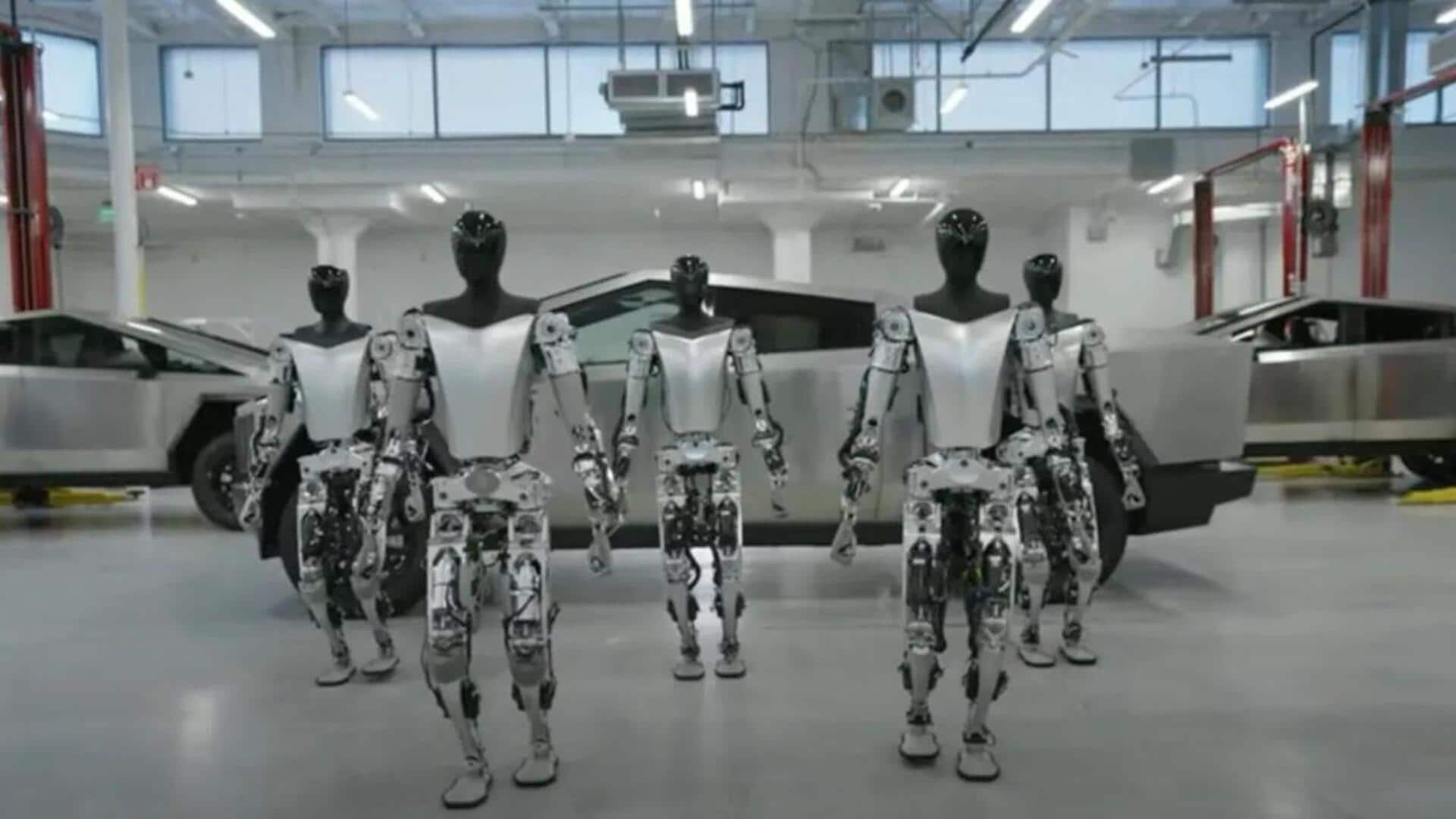
Elon Musk wants strong influence over Tesla's robot army
What's the story
Elon Musk, the CEO of Tesla, has expressed his desire for a strong influence over the company's ambitious "Optimus" robot project. The initiative is part of Tesla's broader strategy to revolutionize artificial intelligence and software development. In a recent investor call, Musk raised concerns about his voting control at Tesla in relation to the potential creation of a large-scale robot army.
Control worries
Musk's concerns about being ousted
"My fundamental concern with regard to how much voting control I have at Tesla is, if I go ahead and build this enormous robot army, can I just be ousted at some point in the future?" he said. He emphasized the need for a strong influence over this potential robot army, saying "I don't feel comfortable building that robot army unless I have a strong influence."
Peaceful intentions
Musk believes Optimus will transform the job market
Despite his concerns, Musk has always maintained that the Optimus project is more of a peaceful initiative than a militaristic one. He believes it could transform the job market and liberate humanity from mundane work. "Working will be optional, like growing your own vegetables, instead of buying them from the store," he said in a recent post about the project's potential impact on society.
Global impact
Optimus could create a world without poverty, says Musk
Musk also touted the Optimus project as a solution to some of the world's biggest problems. He said Tesla's robots could create a world without poverty and ensure everyone has access to top-notch medical care. "Optimus will be an incredible surgeon, and imagine if everyone had access to an incredible surgeon," he said during the investor call.
Production hurdles
Production plans scaled down over the summer
Musk acknowledged the difficulties Tesla engineers have faced in developing humanoid hands and forearms for the Optimus project. Despite setting an internal target to produce 5,000 units this year, production plans were scaled down over the summer. However, Musk said a "production-intent prototype" would be ready by February or March next year with full-scale production starting at the end of 2024.